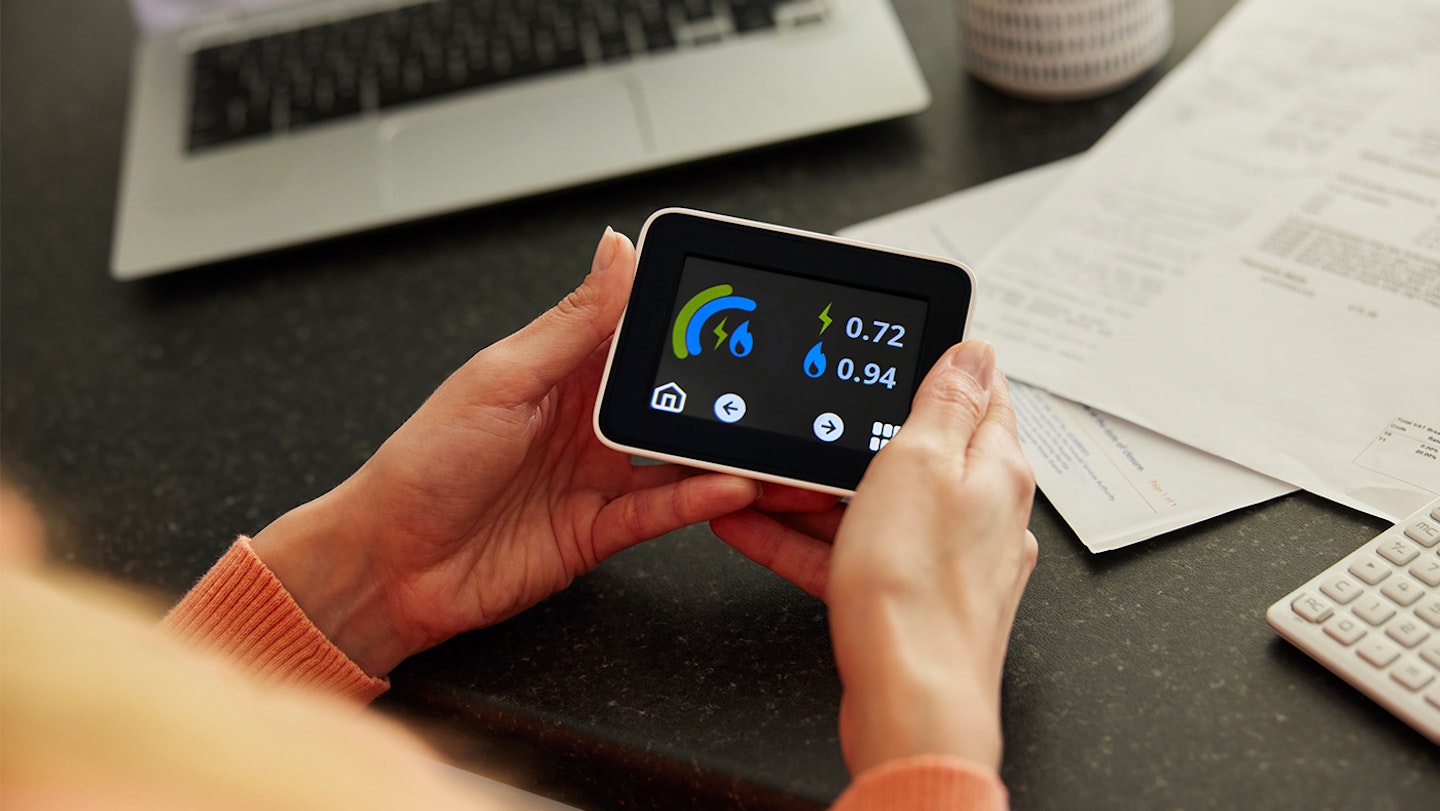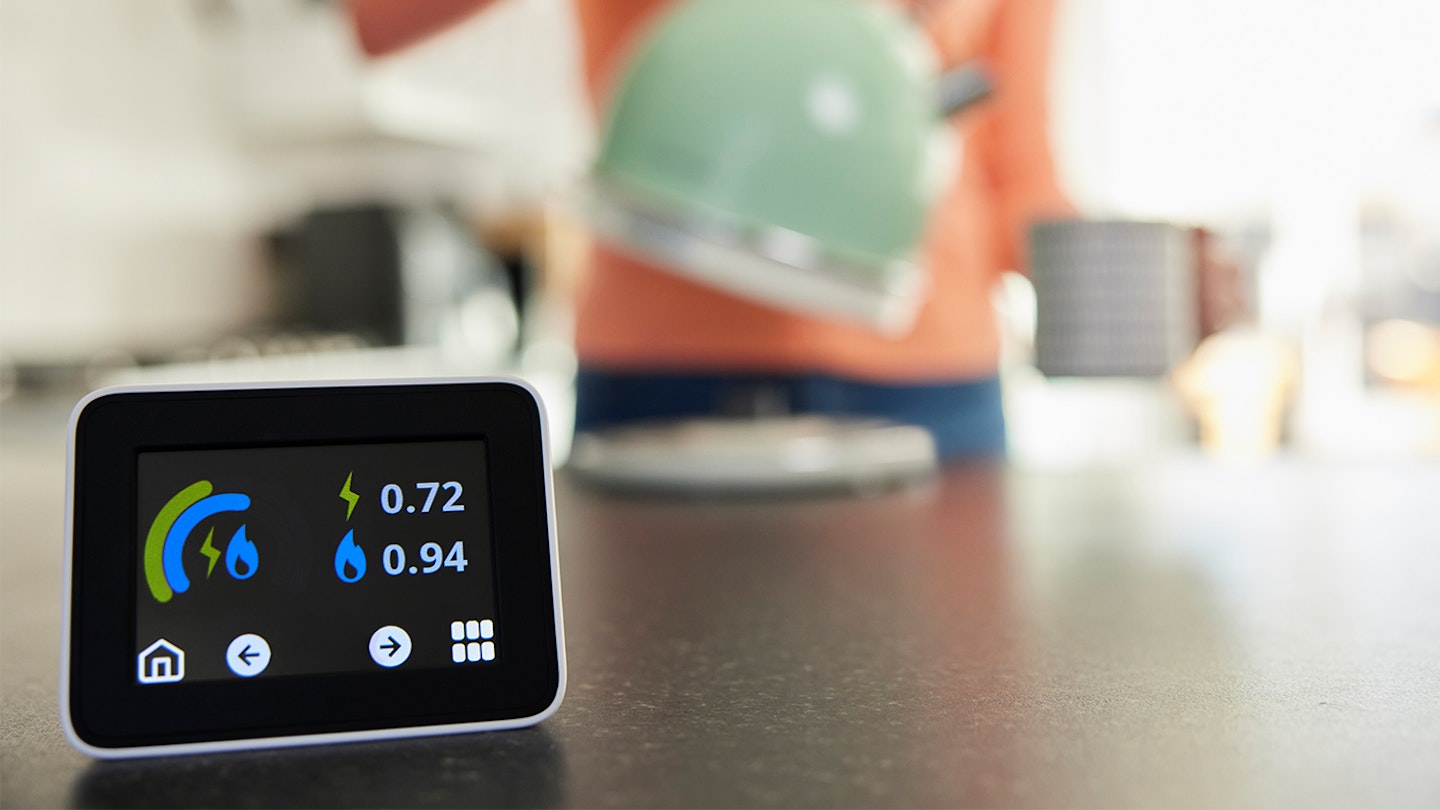A smart meter is a gas and electricity gadget that over the last few years has been rapidly introduced across Britain as part of a government scheme to lower energy bills and reduce the consumption of fossil fuels. You can view your energy consumption levels and see how much you’ve spent on the digital screen and it automatically sends your meter readings direct to your energy provider – no more trying to see the electricity meter clock in a dusty understairs cupboard or dashing out to read your gas meter in the rain! But there are pros and cons to smart meters...
Should I get a smart meter?
The pros
No upfront costs
Suppliers install smart meters for free, you just have to make an appointment (and be home) to have it fitted.
More accurate bills
Smart meters use a secure national communication network (called the DCC) to automatically and wirelessly send your actual energy usage to your supplier. This means estimated energy bills are a thing of the past and you won’t find yourself in a situation where your energy account is in credit.
Better understanding of usage
You may benefit from the ‘in house display’ technology, which provides real-time usage information, including kWh use and cost. This allows you to pinpoint exactly which appliances are costing you the most money to run and where you can cut back.
Power cuts are resolved faster
Smart meters are able to send automatic alerts when there is a power cut or problems with the voltage, so any issues can be resolved quicker and will be less inconvenient for you.

The cons
It can make switching suppliers tricky
You are allowed to switch energy suppliers if you have a smart meter. However, many of the first-generation smart meters (SMETS1) cannot connect to the national smart meters communication network and will be unable to send meter readings to your new provider. You may have to revert to manual meter readings and estimated bills.
The second-generation smart meters (SMETS2) use their own communications systems which means that when you switch suppliers, they can easily see your usage and meter readings.
It might not be necessary
If you’re already careful with heating and electricity, then it’s unlikely that the in-house display will enable you to manage your energy usage better.
You need a good signal
The successful operation of smart meters can be a postcode lottery. Live in an area with poor mobile signal? There’s a chance your smart meter won’t work.
We could all end up paying!
Every UK household – whether they have a smart meter or not – could be indirectly absorbing these costs through the rise in energy prices and it could take decades before we make actual savings on our energy bills.
Do I HAVE to have one?
No. Despite what your energy company might suggest, you are under no obligation to have a smart meter installed in your home. Some consumers have reported pressurising calls and surprise installation bookings – but you’re well within your rights to refuse this. However, you could be penalised with extra charges and you may find it harder to access the cheaper tariffs.
Best smart meter supplier
While the opinion of exactly who is the best smart meter supplier will naturally differ, here are a few popular suppliers to check out...
• E.on
• EDF
• SSE
You may already be with an energy supplier who offers smart meters in which case you just need to get in touch with them to find out more.
